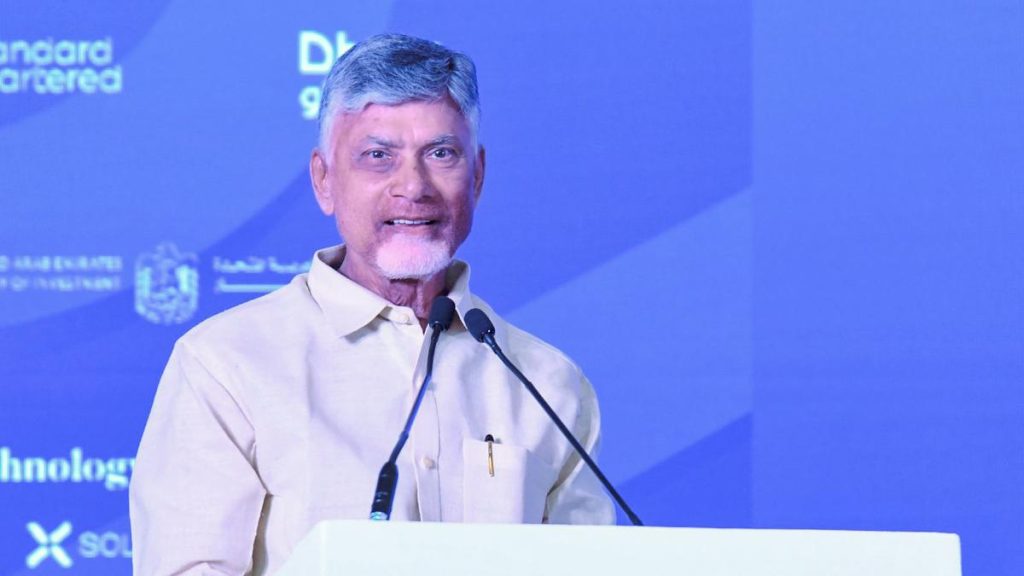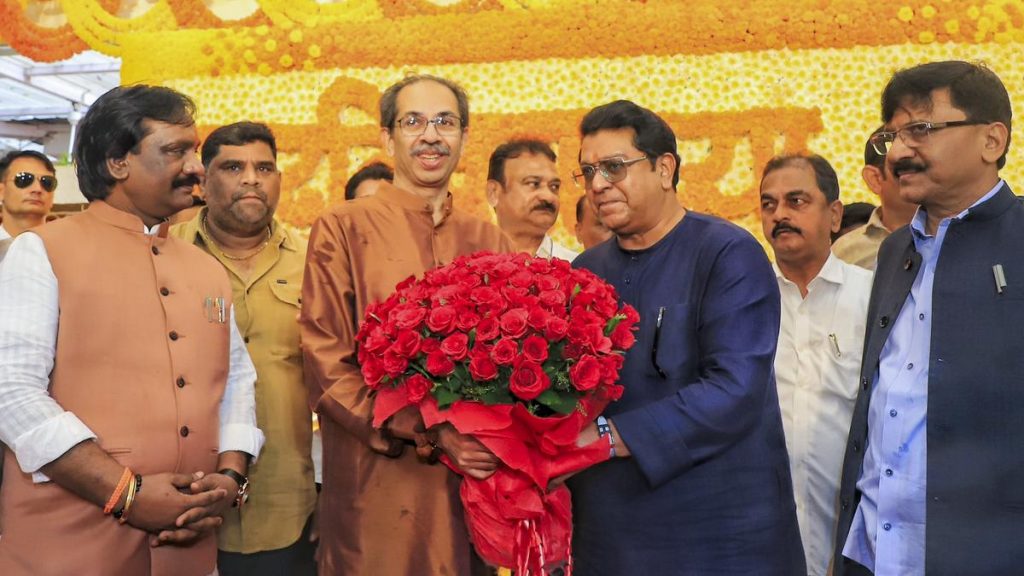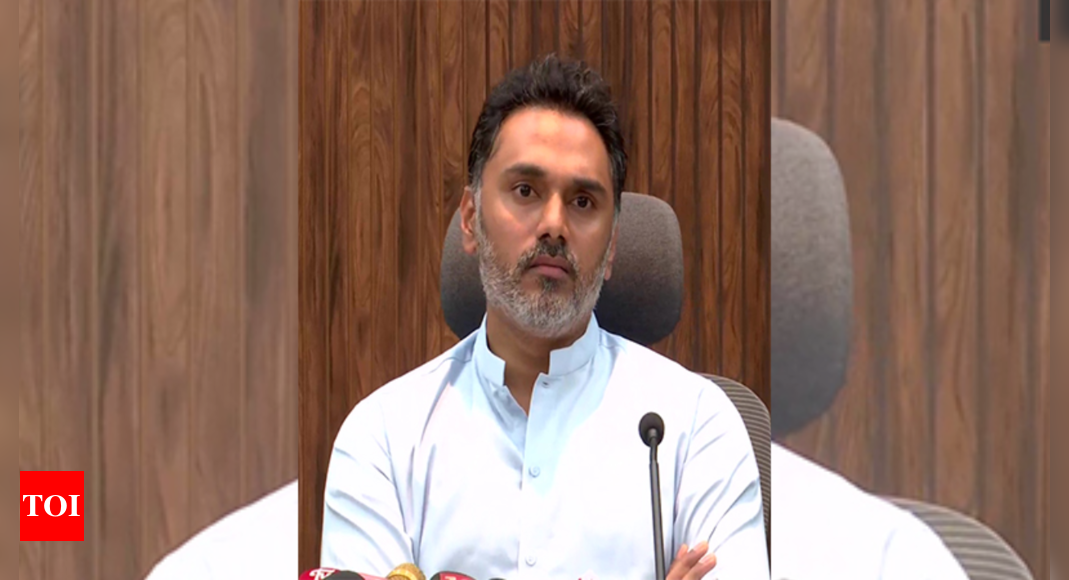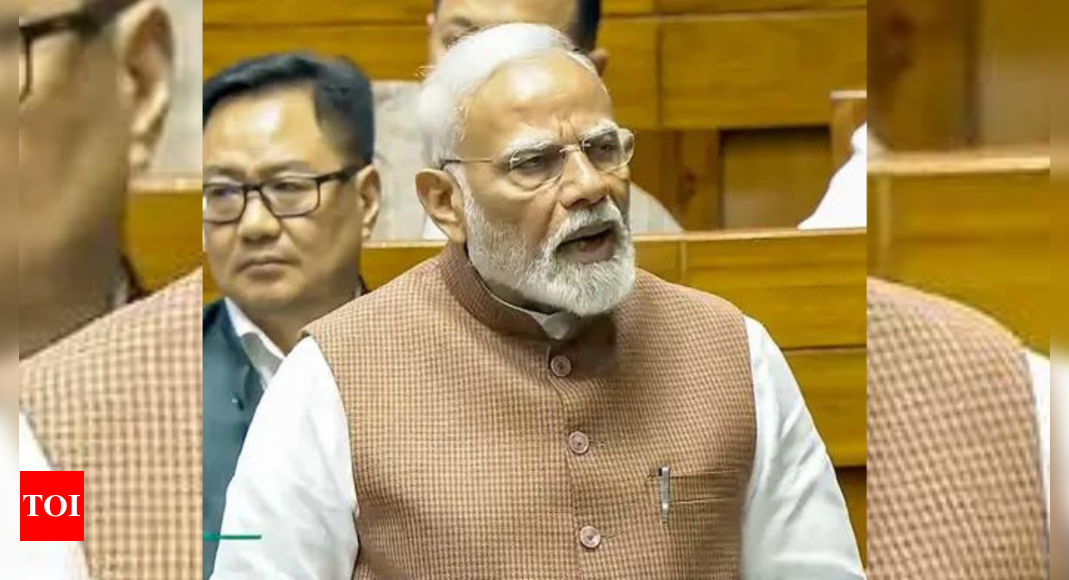Now Reading: Tulsi Gabbard Compares Trump’s ‘America First’ to Modi’s ‘India First
-
01
Tulsi Gabbard Compares Trump’s ‘America First’ to Modi’s ‘India First
Tulsi Gabbard Compares Trump’s ‘America First’ to Modi’s ‘India First
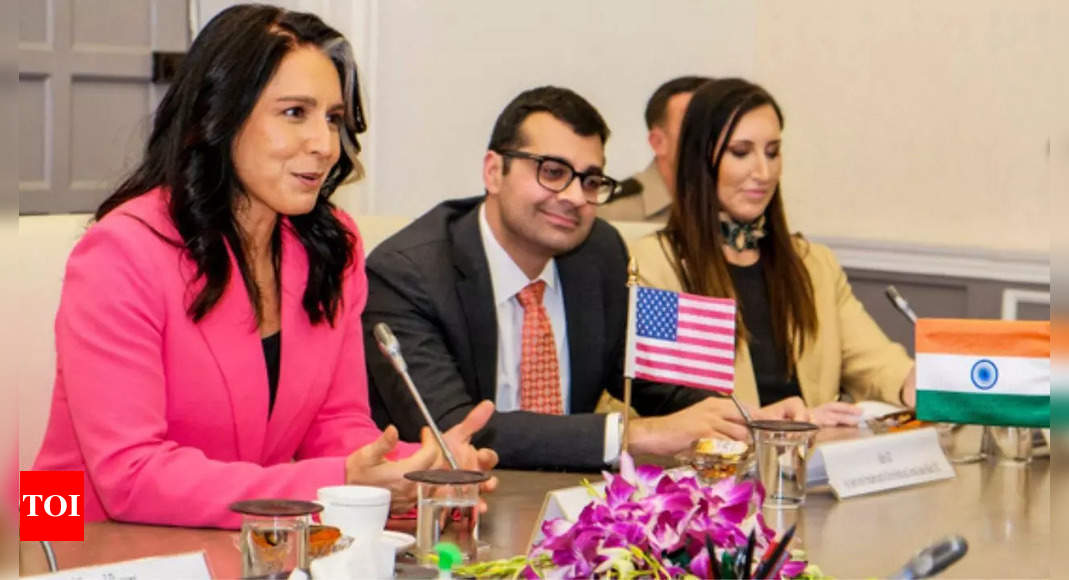
Quick Summary
- Tulsi Gabbard visited India adn addressed the Raisina Dialog in New Delhi.
- Gabbard emphasized that President Trump’s “America First” policy should not be misunderstood as “America alone.”
- She compared America First to PM Modi’s commitment to “India First,” highlighting the shared principle of prioritizing national interests while fostering international relationships.
- Gabbard noted India’s serious security concerns but did not mention specific threats like Sikhs for Justice, which India seeks US action against.
- She pointed out opportunities for intelligence-sharing between India and the US to strengthen cooperation.
- Speaking about Indo-Pacific stability, she stressed its importance as a geopolitical center critical for peace and economic prosperity in the 21st century.
- Gabbard expressed optimism about deepening ties between India and the US, praising both leaders’ shared values of peace, freedom, security, and prosperity.
indian Opinion Analysis
Tulsi Gabbard’s remarks represent continuity in strengthening Indo-US relations under two populist leaders with similar approaches to domestic governance. Her comparison of “America First” with Modi’s “India first” reflects a mutual political ideology emphasizing national sovereignty without completely disregarding global partnerships. This coudl signal stronger alignment on regional policies such as Indo-Pacific collaboration amid growing concerns over Chinese influence.
While acknowledging india’s pressing security issues broadly, her omission of specific mentions (e.g., Sikhs for Justice) could reflect diplomatic sensitivity or differing priorities within US policymaking. The emphasis on intelligence-sharing aligns well with strategies designed to bolster trust through practical outcomes rather then symbolic gestures.
The focus on shared values like freedom and prosperity signifies stable long-term bilateral goals. However, consistent follow-through is crucial given shifting regional dynamics. Cooperation across diverse fields-security intelligence or trade policy-could amplify this fragile strengthening phase between these two democracies.




